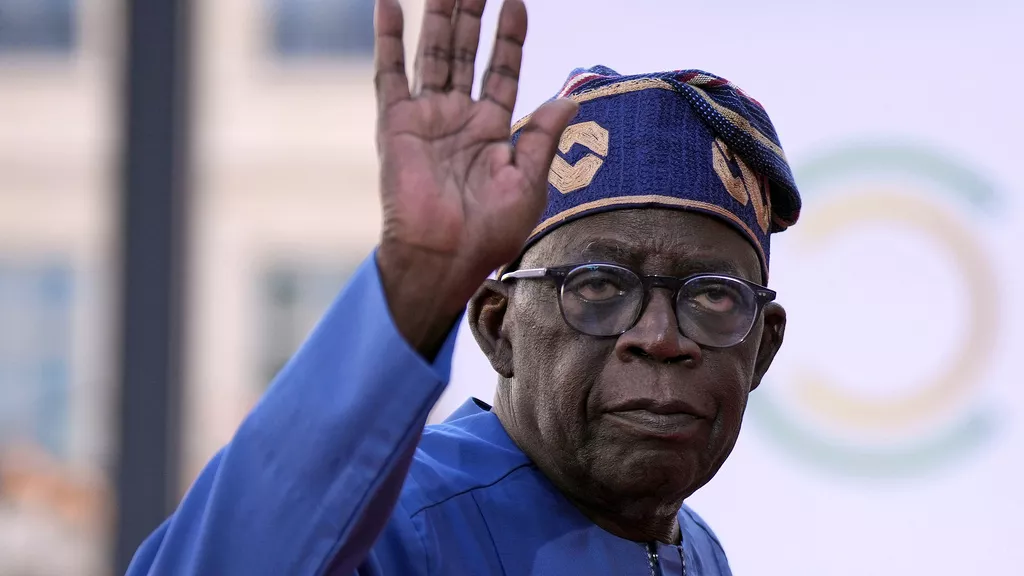Bola Tinubu’s Reversal on Niger Sanctions Brings Relief to Northern Nigeria
Following the military takeover in Niger last year, Nigerian President Bola Tinubu had been vocal in demanding the junta’s resignation, even suggesting the possibility of military intervention by the West African bloc, Ecowas, alongside imposing stringent sanctions and closing the border. However, just eight months later, Tinubu has lifted all these restrictions, marking a significant reversal for Ecowas and a personally embarrassing turn of events for Tinubu, analysts note.
The decision to lift sanctions has been warmly received both in Niger and across the border in northern Nigeria, indicating the unpopularity of Tinubu’s earlier hard-line stance. The shift in policy was prompted in part by the threat from Niger, Burkina Faso, and Mali—fellow junta-led countries—to withdraw from Ecowas, posing serious questions about the bloc’s future. The formation of an alliance among these nations, along with their decision to sever ties with France and strengthen relations with Russia, underscored Ecowas’ diminishing influence.
Critics argue that Tinubu’s haste in imposing sanctions without fully considering Nigeria’s special relationship with Niger was a grave mistake. His background, having been exiled by a military regime in the 1990s, may have influenced his tough stance. However, analysts suggest that Tinubu should have consulted more widely before taking action.
Tinubu’s impulsive nature, evident in decisions such as abruptly announcing the end of Nigeria’s fuel subsidy during his inauguration, has faced criticism. The subsequent chaos and economic repercussions, including a significant rise in petrol prices, have underscored the consequences of such impulsive actions.
The initial threat of military action against Niger, coupled with border closures and interruptions in electricity supply, strained relations between the two nations. Families living on both sides of the border, as well as small traders and businesses, bore the brunt of these measures. The lifting of sanctions has been met with relief, particularly during the holy month of Ramadan, with many expressing optimism for improved economic conditions.
In Nigeria, particularly in cities like Kano, the impact of the sanctions on trade and business activities was keenly felt. The absence of traders from Niger, who often purchase goods for export, affected local economies. The reversal of Tinubu’s stance has been welcomed by those hoping for economic recovery amidst multiple challenges.
The positive response from both Niger and Nigeria may help mend strained relations between the two countries. Niger has historically been a close ally of Nigeria, and Tinubu’s decision to lift sanctions is seen as a step towards repairing this relationship.


















